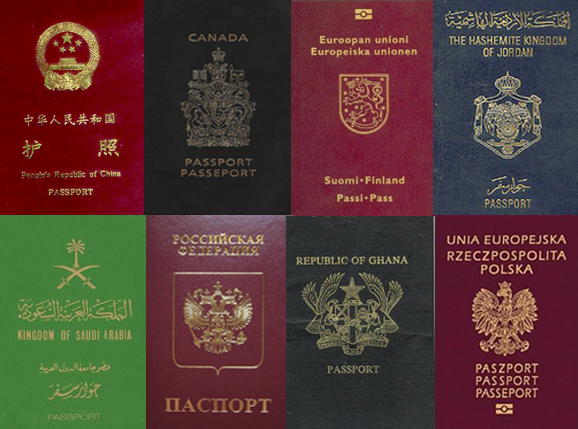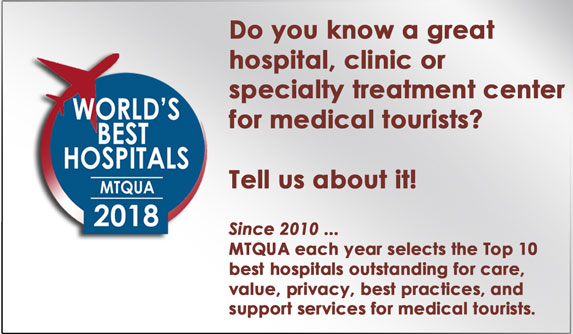 “Medical travel” is not the same as “medical tourism.”
“Medical travel” is not the same as “medical tourism.”
“Medical travel” is a phrase long preferred over “medical tourism” by health care leaders, hospital managers and medical professionals.
Most have reluctantly accepted the term “medical tourism” but many continue to dislike it because they feel it trivializes the process of getting and giving treatment and care. It is not tourism, is the common message.
What is “medical travel?”
Medical travel is the process by which a consumer obtains treatment for a medical condition. This includes a wide range of conditions and treatments, from dental implants to fertility treatments, alternative or experimental procedures, addiction treatment, Lasik eye surgery, cancer therapies, as well as the many procedures that are classified as major surgery.
Medical travel is planned ahead of time
Many “medical travel” patients require admission to hospital, whether for ambulatory care and a stay of less than 24 hours, or for inpatient care and overnight stay. Most require more than just local anesthesia and require that anesthesia be administered by a licensed medical professional. Most, if not all, must make their medical travel plans in advance of traveling. Seldom does one pop into a hospital on a whim for a “quickie” surgery.
Consumers searching the internet use “medical travel” and “medical tourism”, or “medical traveler” and “medical tourist” interchangeably. Industry professionals may want to take responsibility to distinguish among them.
Download What is Medical Tourism? the third title in MTQUA Best Practices in Medical Tourism series.

 >
>